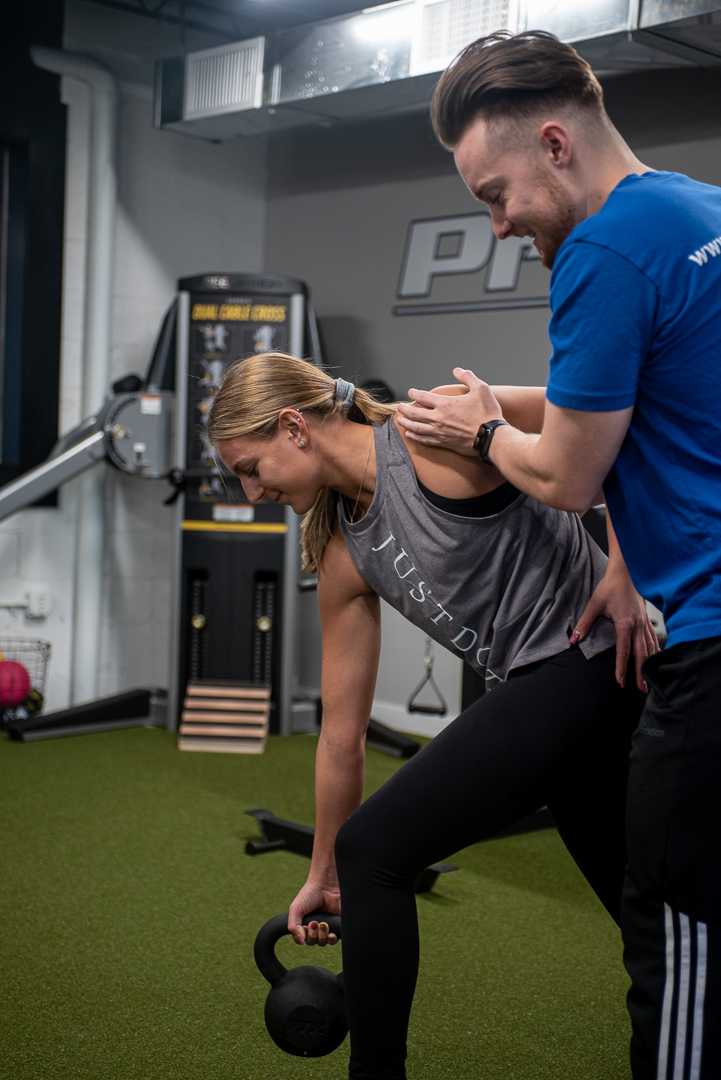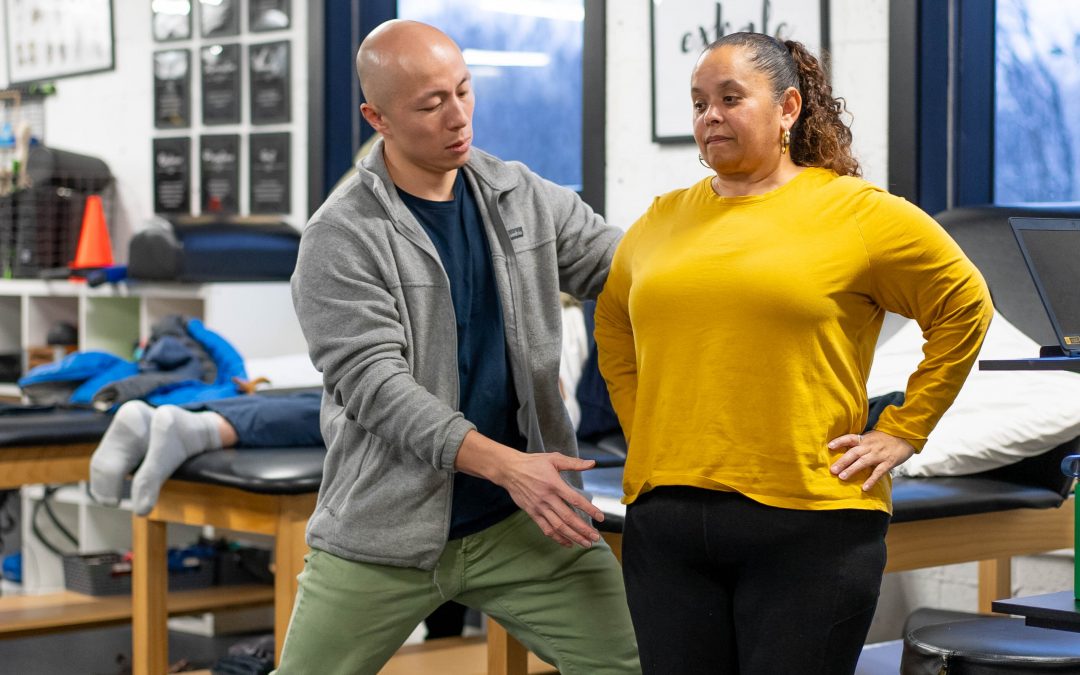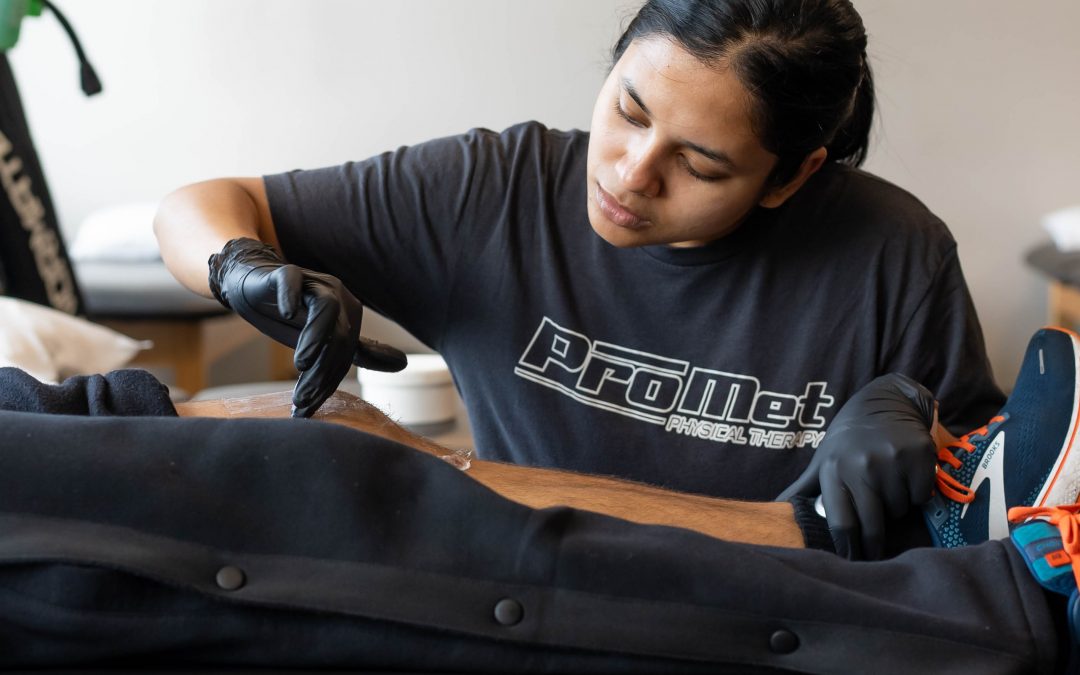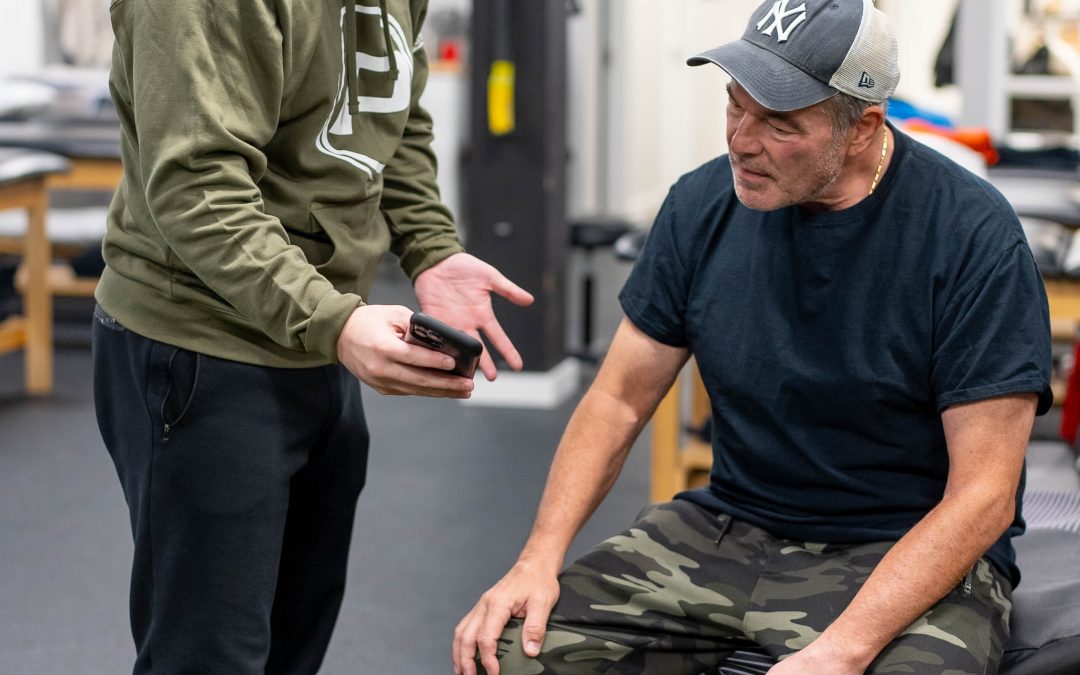One of the most underrated and oft-underestimated fields of medical treatment is physical therapy. Despite the lifelong comfort that physical therapy can offer, many patients often give up along the way, marred in their minds by the difficulty and discomfort in the process.
Physical therapy is especially important after surgery, but it is not uncommon for those recovering to stop showing up after their first prescribed session with a physical therapist. As such, we have compiled this list of reasons physical therapy is integral to healing after surgery.
1. It can return you to your optimal range of motion
One effect of surgery is that it will reduce the control and range of motion in the area where the procedure was performed. Without exercise and therapy, a patient might never regain their full range of motion again. This is, perhaps, one of the most important reasons you shouldn’t skip your therapist in the recovery stage of your surgery. It might be difficult and painful, but it will be worth it in the end.
After all, this type of therapy is not just about solving problems in the present but also about setting you up for physical activity long after your treatment ends. With time, you could be jogging, running, swimming, and surfing again.
2. It can speed up healing
The added muscle strength and development can speed up tissue recovery in the area. The therapy will also teach your body how the tissue needs to be repaired. Sometimes, scar tissue can develop and form in ways that can obstruct your full range of motion. The therapeutic regimen a professional can put you on can prevent scar tissue from forming in all the wrong ways.
3. It can break up scar tissue
If any scar tissue does form, the only solution for this is physical therapy. Your therapist will likely design a regimen that breaks up the scar tissue that is preventing the joint or limb from moving normally. This process will be incredibly hard for anyone, and the pain levels are comparable to that of the original surgery itself. If you don’t want to have to go through immense pain, you should absolutely never miss a single session of your prescribed physical therapy after your surgery.
4. It can help with circulation
Complications can occur even in the wake of a surgical procedure, and one thing that happens to patients recovering from surgery is that blood clots might form. Under the careful eye of a therapist, these clots can be detected and broken down before they become bigger problems. Not only that, but you can also find yourself having improved circulation thereafter.
5. It can ease pain and swelling
One of the common side effects of surgery is inflammation in the affected areas. This inflammation can be painful and sore. This type of therapy can relieve the swelling and pain without the use of medicines and other chemicals, as it likely addresses the cause of the symptoms rather than just the symptoms themselves.
Final thoughts
Just because something is hard doesn’t mean it isn’t worth it. Physical therapy might be a grueling and painful process, but if you stick to it, you could regain your full range of motion. You could be living meaningfully, as though you never had surgery in the first place.
For a physical therapist in Glendale you can trust, send us a message at ProMet Physical Therapy. We offer fresh new approaches and all the latest techniques to help with your recovery.




